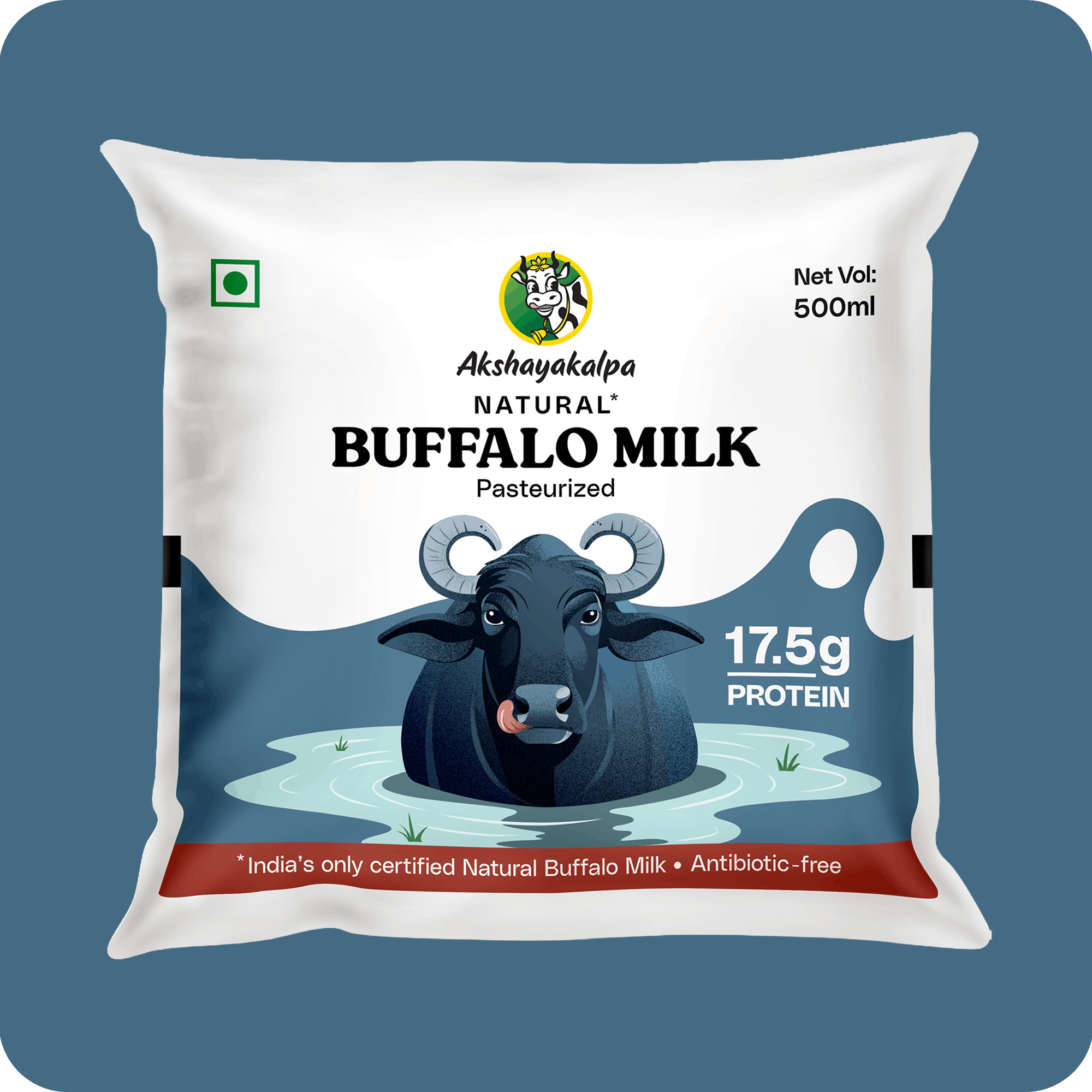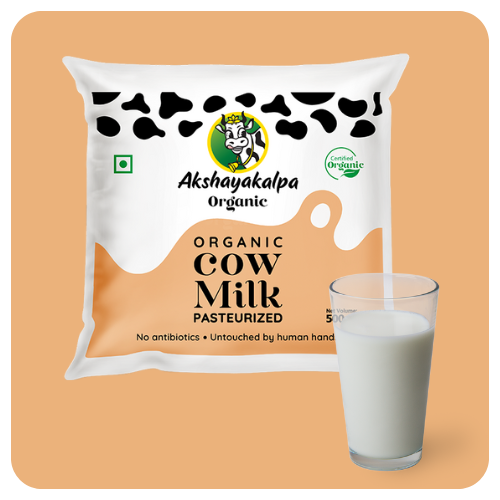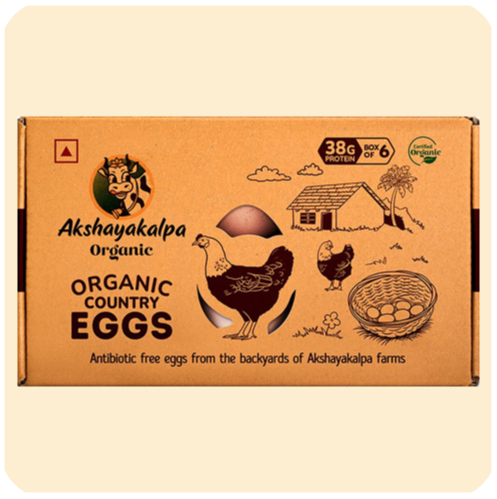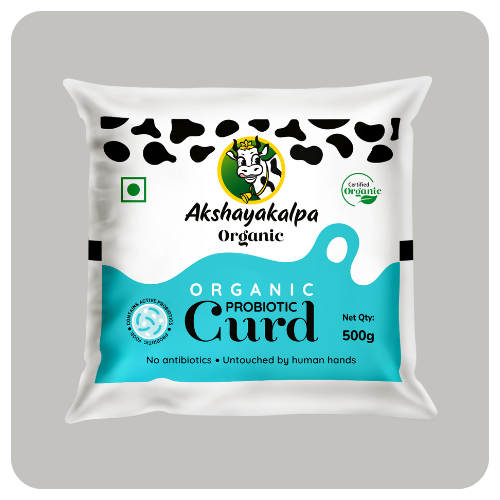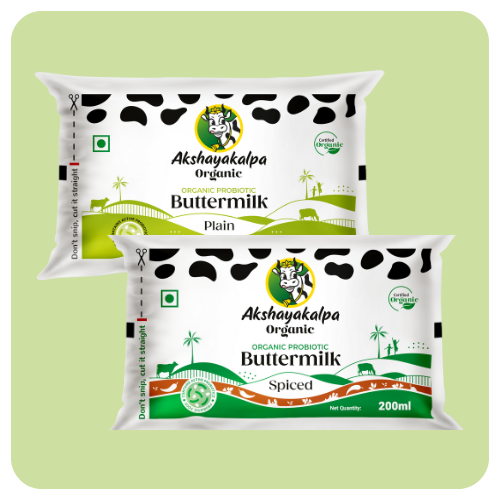Feeling blue? Change your eating habits!

The link between eating good food and staying fit and healthy is one that has been highlighted to us from a young age. From higher energy levels, lasting stamina to better hair, skin and nails – all have been attributed to eating a nutritionally-balanced diet.
But the impact of food on mental health has come to the forefront only in recent years. With a growing awareness and importance to detection, prevention and cure of mental illnesses, researchers have found essential links between the food one eats and their levels of stress, concentration and symptoms of depression and anxiety. In fact, many studies by Harvard Health have found correlations between the sugar in diet to impaired brain function and mood disorders. (1)
Understanding the underlying science
The interdependence between food and mood is a complex one. To make it easier to understand, imagine your brain as a machine that needs fuel to function. That fuel comes from the food we eat. When the fuel used is of optimum quality (like fresh fruits, vegetables and other produce rich in vitamins, minerals and antioxidants), the machine is able to function well without any breakdowns or malfunctions.
However, just like a machine can face issues if it is constantly supplied with bad-quality, adulterated fuel, the brain too cannot cope with diets comprising only of processed and refined foods. These diets high in sugar affect the body’s ability to regulate insulin, create oxidative stress and can have a direct impact on the way you feel. Research by Harvard Health says that persons on a ‘traditional diets’ rich in vegetables, fruits, unprocessed grains, fish and dairy are at a 25% lesser risk of depression. (2)
The biology behind feeling happy
Our body is a labyrinth of systems that are all interconnected in their functions. The connection between our nervous system and the digestive system is highlighted through the ‘Gut-Brain Axis’ – a two-way bio-signaling route between the central nervous system and the gastro-intestinal tract. (3) When it comes to mental well-being, serotonin is the neurotransmitter that helps with sleep regulation, mood management and inhibits pain. What is truly astonishing, however, is that 95% of the body’s serotonin is produced in the gastro-intestinal tract that is lined with millions of neurons, indicating that the digestive system is not just responsible for metabolism but for a happier mood too.
A deeper study of the ‘gut-brain’ axis shows that these two systems are always communicating with one another. Scientists have also added another third party to this equation, ‘Microbiota’ – which highlights the role of gut microbes in this communication channel. These microbes send the necessary messages to the brain to facilitate the secretion of the hormones and neurotransmitters which in turn moderate our moods.
This link also explains why anxiety and depression can be a result of an unhealthy gut while one might experience physiological symptoms like boating, irritable bowel syndrome and gas as a result of mental illness.
Finding the right diet balance
While junk and processed food might be the go-to ‘comfort food’ for many of us, in reality chasing happiness through these may be a short lived joy. Instead, choosing food that is rich in vitamins and minerals along with other essential nutrients can promote overall well-being and mental health. Foods rich in probiotics can maintain a flourishing gut flora that helps keep the lines of communication between the digestive tract and the nervous system open and clear, reducing stress and anxiety.
Keeping these pointers in mind can help one make better food choices. For a better understanding of what precise foods to include in your diet to facilitate good mental health, check out our next blog here *link to next blog that I will share shortly*
Refrence:
(3) https://www.ncbi.nlm.nih.gov/pmc/articles/PMC6469458/
